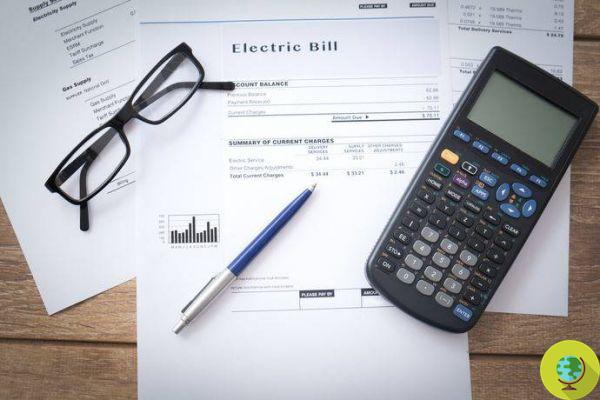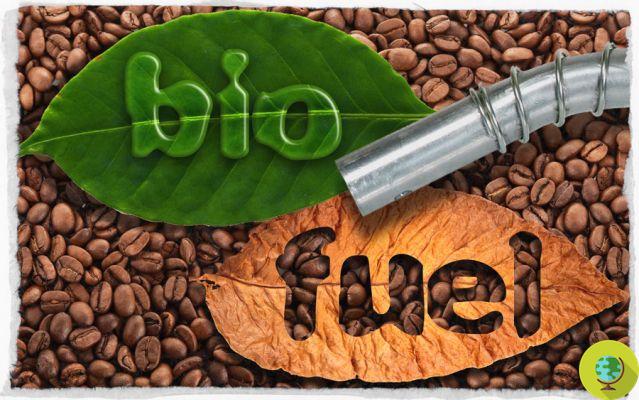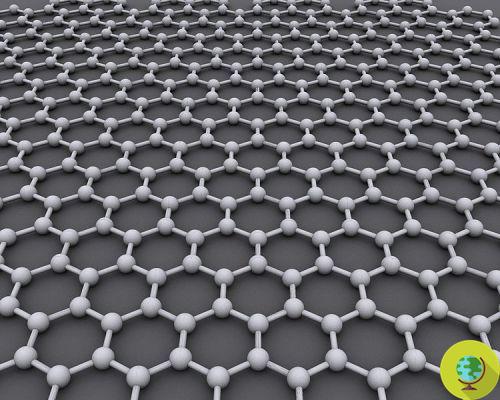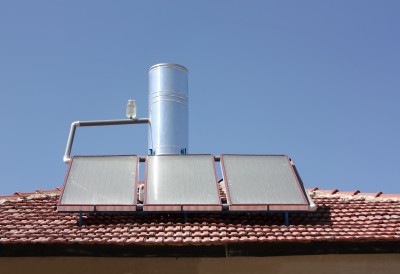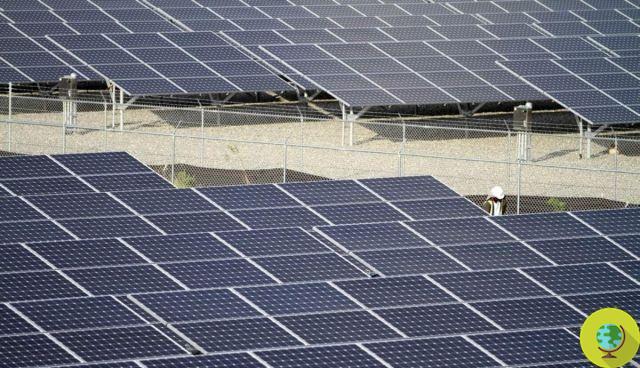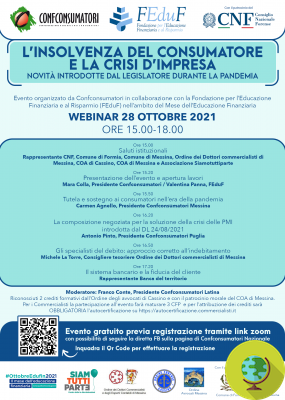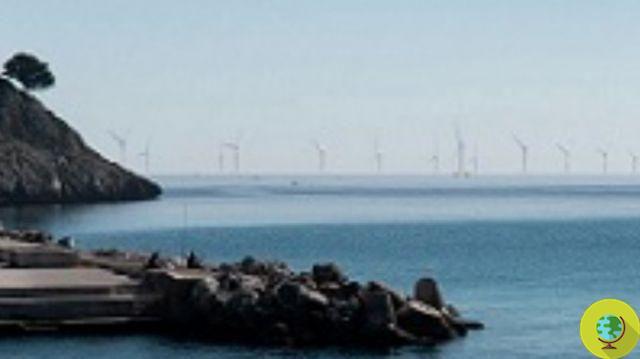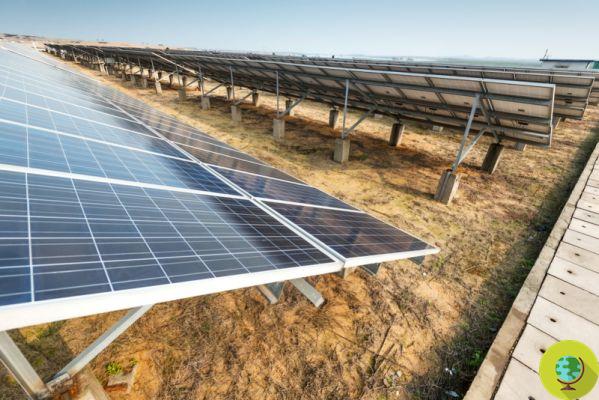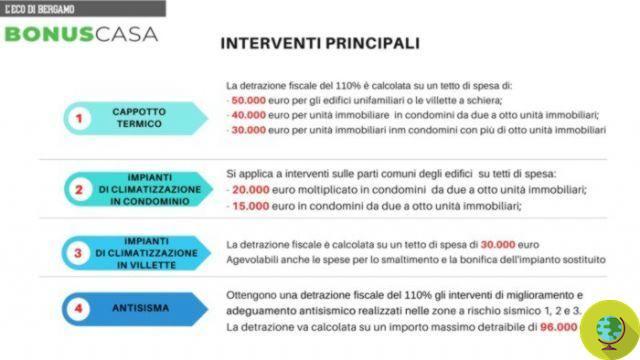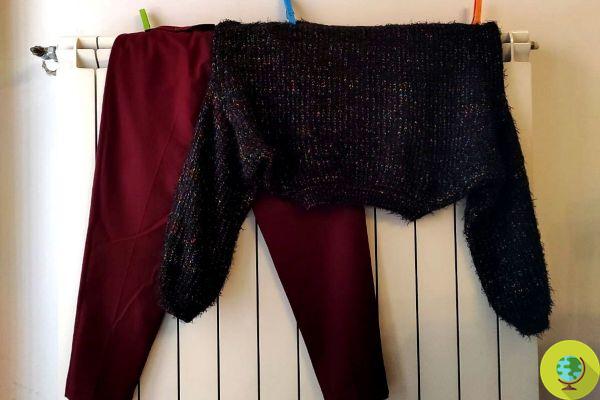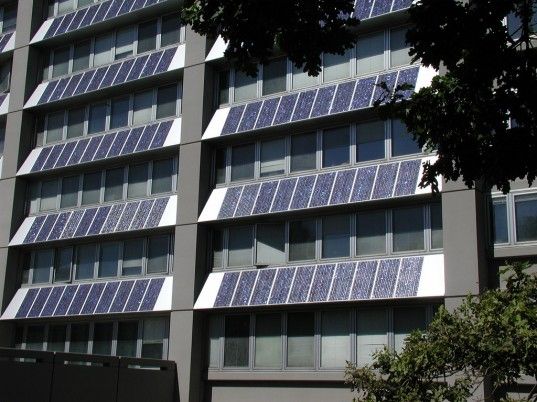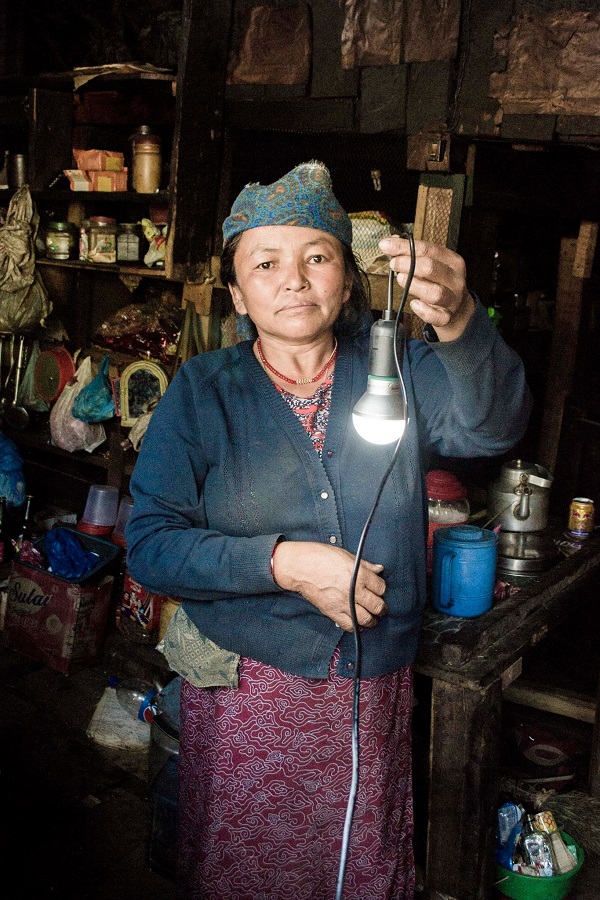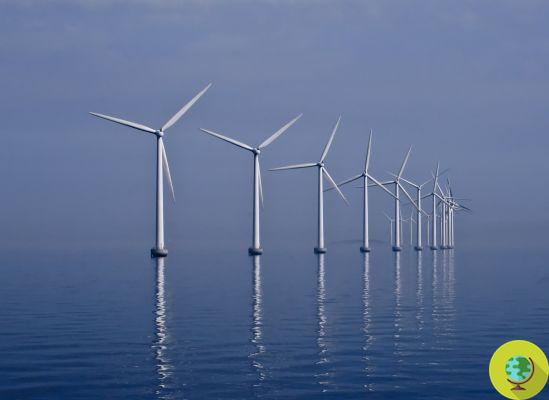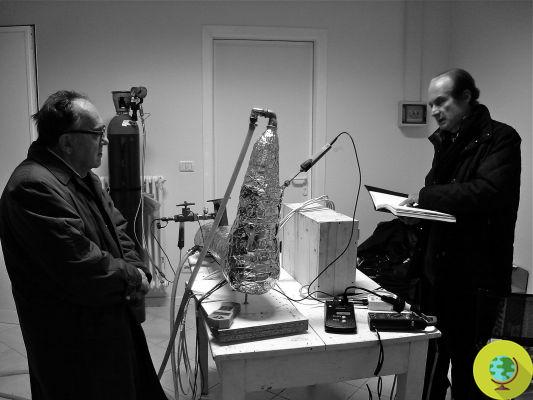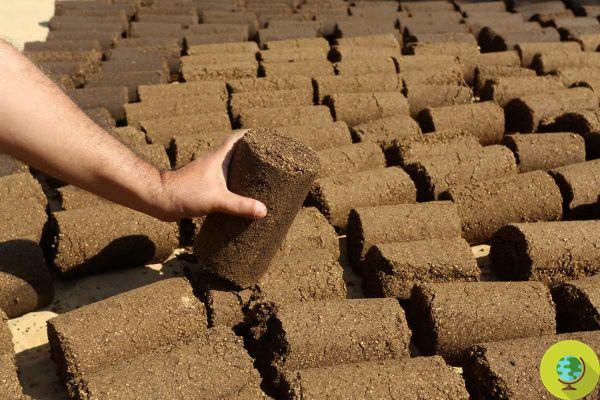
Numerous projects are underway in Spain and the Gaza Strip to produce clean energy while respecting the environment.
On January 9, the Spanish company producing renewable energy Ence Energy and Cellulose S.A. announced the imminent opening in Spain of a new biomass plant and 50-megawatt.
The Puertollano biomass plant (Spain)
Built near Puertollano, called “Biollano”, a modern Spanish town located in the autonomous community of Castile-La Mancha, the plant has incorporated the most innovative technologies in the sector and has a low impact of CO2 emissions. It is estimated that the plant is able to consume about 238.000 tons of biomass every year, using olive pomace, vine shoots, olive leaves, woody biomass and agricultural remains, which serve as primary fuel.
Ence has invested around 100 million euros (111 million dollars) for its new project, hoping to curb the uncontrolled and unregulated combustion of agricultural residues in Spain. The Spanish company estimates that, once fully operational, the plant will be able to produce enough electricity to meet the consumption needs of more than 60.000 people every year.
The waste resulting from the olive oil extraction process is far from negligible, not only in Spain but also in the rest of the world. THE by-products of olive oil extraction, the most harmful to the environment are solid pomace (solid waste), vegetation water and oil mill discharges. They contain phenols, highly toxic crystalline caustic compounds that can cause serious environmental damage if not properly disposed of.
The new Ence plant, on the one hand, intends to counteract the negative impact on the environment of the by-products of olive processing, and, on the other, hopes to develop a reliable and economical alternative to fossil fuel.
The Olive Jifit project (Gaza)
Other olive oil producing countries are also trying to transform pomace into a new source of clean energy. A Palestinian startup from Gaza recently launched the project Olive Jifit. Solid waste by-products (jifit) obtained from olive processing are converted into solid biofuels, i pellet, used for energy production and the Home heating.
The group was founded by three young Palestinian civil engineering graduates: Tamer Abo Motlaq, 26, Usama Qudaih, 24, and Khaled Abo Motlaq, 24, who took their brilliant idea overseas. In fact, they successfully participated in a charity contest promoted by the Danish Church, winning the first prize and obtaining micro-financing for a total of 5.000 dollars. The local NGO Ma'an Development Center provided the group with both technical assistance and coaching tools.
In the Gaza Strip there are about 30 oil mills that each year produce about 150.000 tons of pomace, which is therefore available in abundance. The creators of Olive Jifit collaborate with some oil mills in the municipality of Absan Al-Kabira, which is located in the south-eastern part of Gaza (governorate of Khan Younis). The amount of heat generated by pomace is greater than that produced by classic firewood and pomace is also cheaper than petroleum products. Waste materials, instead of becoming waste, are finally destined for a more efficient and sustainable production of clean energy.
Fonti: Ence / Al-Jazeera
Read also:
Agripellet, here is the first pellet developed at the university that does not cut down trees
How the biomass scam that defrauded the state of 143 million euros worked




